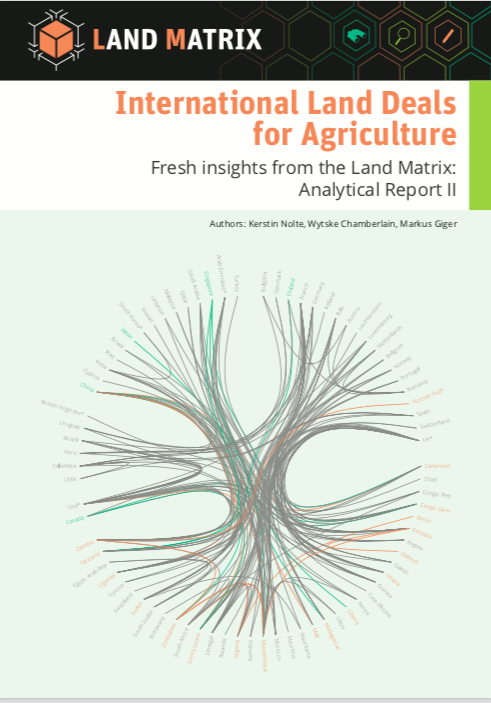Tenure Security Premium in Informal Housing Markets
This paper estimates slum residents
willingness to pay for formalized land tenure in Pune,
India. In so doing, it offers evidence that the legal
assurance of slum residents occupancy of their lands could
benefit them. Previous studies have discussed legal and
non-legal factors that substantially influence the tenure
security of residents in informal settlements. However, it
remains unclear to what extent, and how, the assignment of




